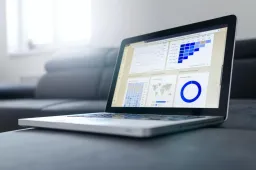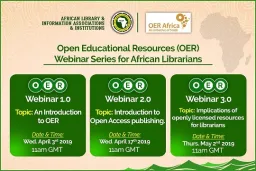Explore the dynamic world of Open Educational Resources and discover how OER Africa is driving the movement forward. This page is divided into two sections:
Articles: Our articles aim to deliver insights on OER-related themes that inform, spark conversation, and engage with the developing open education landscape, with a particular focus on Africa.
Updates: Below, the articles, you'll find updates on OER Africa’s latest initiatives, activities, and contributions to the OER community.
Articles
This section features targeted articles crafted specifically for educators, students, and the global Open Educational Resources (OER) community. The articles examine themes related to OER, offering insightful perspectives and information. The content seeks to inform, prompt discussion, and actively engage with the dynamic landscape of open education, particularly within the African context.
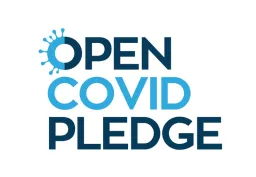
The Open COVID Pledge was launched on 12 August 2020. Within the context of COVID-19, the Pledge encourages individuals and organizations to make their intellectual property available to support educators, students and decision-makers; assist educational organizations; and build a fairer and more resilient education system.
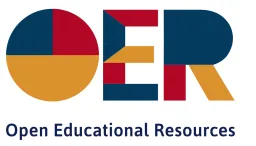
During the week of 20th July, 2020, OER Africa was privileged to be able to participate in, and provide administrative support to, the work of UNESCO’s Dynamic Coalition as its Working Groups convened in virtual consultations to begin preparing plans to support governments around the world in operationalizing the OER Recommendation.


How can we be sure that OERs – open education resources – are of high quality? Many educators are concerned when it comes to open content as there appears to be no quality control. It also seems counter-intuitive that resources that are free can also be good.
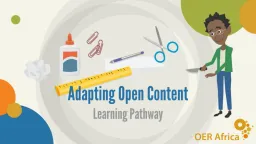
What exactly can you do with OER? In what ways are they different from other resources? The beauty of OER is that most of them can be adapted to better suit your teaching and learning environment. They can be revised. It is also possible to ‘stitch’ multiple OER into a new resource, like a patchwork quilt. We call this ‘remixing’ resources.
Updates
This section provides updates on OER Africa’s initiatives and activities. Stay informed about our contributions to the OER community and how we are driving the open education movement forward.


The guidelines describe the whole process for designing and implementing OER policy in seven chapters, each representing a clear phase in the whole process. The chapters introduce the purpose of the phase and provide background information and references with practical examples for illustration.

The UNESCO Chair on Open and Distance Learning (ODL) at UNISA organised a seminar on Open Education Resources for staff in the university, held on 12th June, 2019. Ephraim Mhlanga and Kirsty von Gogh from Saide and Neil Butcher & Associates respectively facilitated the workshop, which was attended by about 25 participants.

This study by John Hilton III synthesizes results from sixteen efficacy and twenty perceptions studies involving 121,168 students or faculty that examine either (1) OER and student efficacy in higher education settings or (2) the perceptions of college students and/or instructors who have used OER.

COL President and CEO Professor Asha Kanwar delivered a keynote at the eighth Distance Education and Teachers’ Training in Africa (DETA) Conference at the University of Lagos, Nigeria on 24 July 2019.

